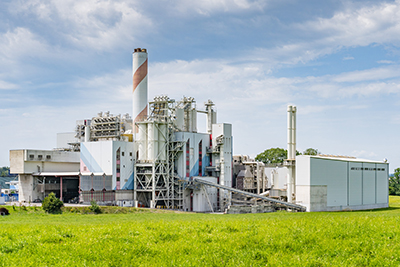Seizing sustainable growth opportunities from carbon capture, usage and storage (CCUS) in the UK - video

Hosted by the Grantham Research Institute on Climate Change and the Environment and the Centre for Economic Performance at LSE
How can the UK unlock export opportunities and wider economic benefits from the emerging CCUS sector on the road to net-zero? This event will bring together the authors of a new report: Seizing Sustainable Growth Opportunities from Carbon Capture, Usage and Storage in the UK, and leading figures working on CCUS here, to discuss the report’s analysis of the UK’s productive and innovative strengths along the CCUS value chain and the implications for growth across the country.
Presentation of the report:
- Esin Serin, Policy Analyst, LSE Grantham Research Institute on Climate Change and the Environment (co-author)
Panel discussion:
- Moderator: Anna Valero, Senior Policy Fellow, LSE Centre for Economic Performance (co-author)
- Andy Lane, Managing Director of Net Zero Teesside and Northern Endurance Partnership, BP
- Olivia Powis, Head of UK Office, Carbon Capture and Storage Association
- Matt Taylor, Deputy Director, CCUS Policy Team, Department for Business, Energy & Industrial Strategy (BEIS)
- Stuart Haszeldine, Professor of Carbon Capture and Storage, University of Edinburgh
In light of the latest IPCC report’s findings, and with devastating wildfires and flooding in various parts of the world fresh in our memory, the necessity to work towards global net-zero could not be clearer. As a technological solution for addressing some of the most challenging emissions, CCUS needs to be deployed urgently in the UK and globally. This implies rapid increase in the global demand for associated technologies, products and services – and consequently, a significant export opportunity that can unlock wider economic benefits for the UK. These include contributing to a sustainable, inclusive and resilient economic recovery from COVID-19, levelling up across the country and redefining the UK’s role in the post-Brexit world.
The history of inconsistent policies on CCUS must be reversed in this decade, and there must be coordinated investments in infrastructure, innovation and skills to foster CCUS development in the UK. Drawing on its well-established oil and gas sector, the UK has a mix of comparative advantages in production and innovation on which it can capitalise to drive sustainable growth from CCUS domestically while contributing to tackling climate change globally.

